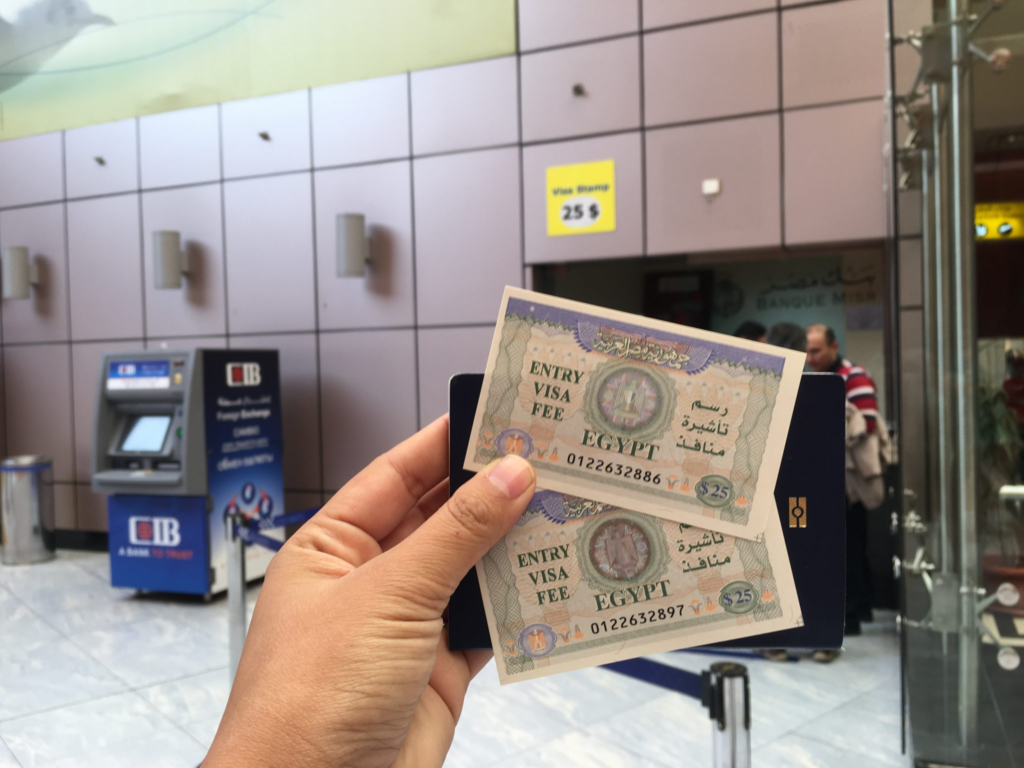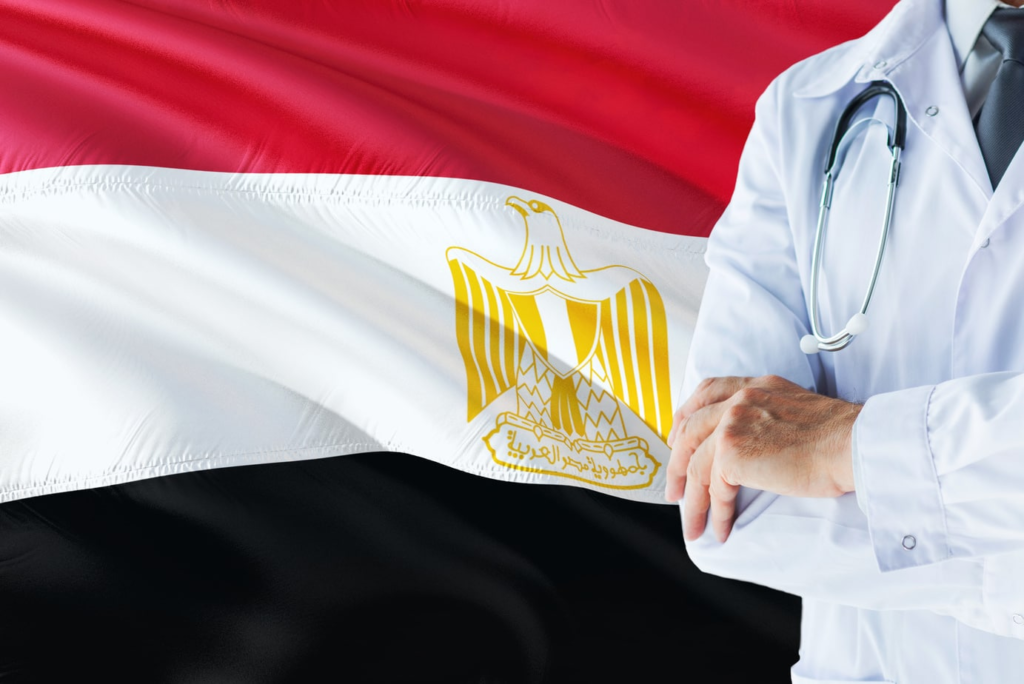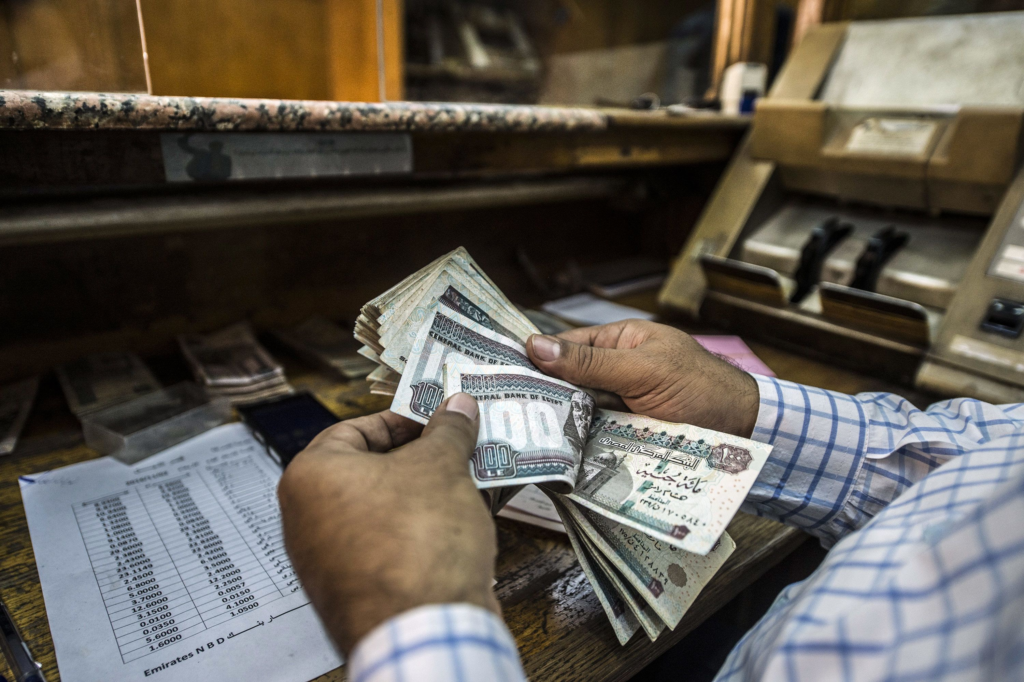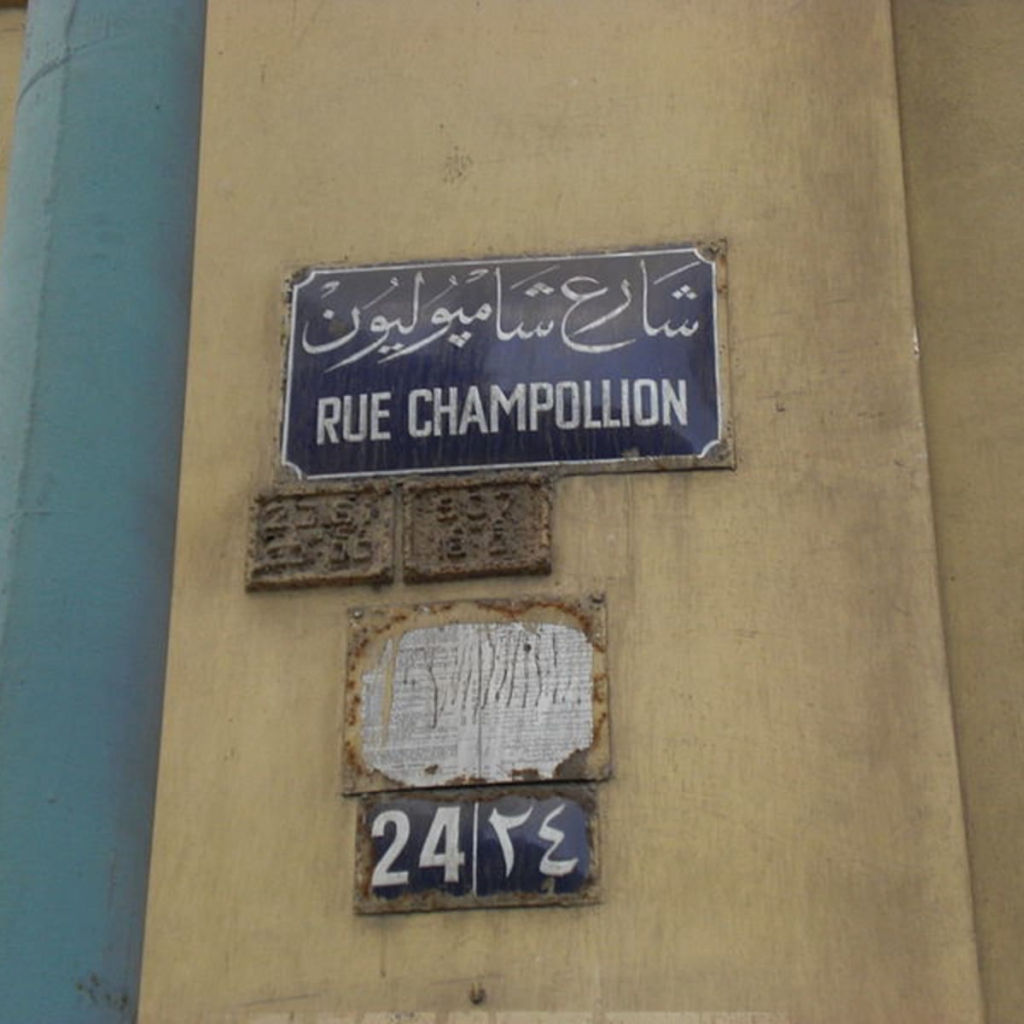Egypt, a land of ancient wonders, bustling markets, and rich cultural heritage, is a dream destination for many travelers. But before you pack your bags be well-prepared. Egypt is a unique destination with its own set of customs, climate conditions, and travel considerations. Here’s everything you need to know to make your first trip to Egypt smooth, enjoyable, and memorable.
1. Understanding the Climate: When to Visit

Egypt’s climate is predominantly desert, meaning it’s hot and dry for most of the year. The best time to visit is between October and April, when the weather is cooler and more comfortable for sightseeing. During these months, temperatures in Cairo and the Nile Delta range from 15°C (59°F) to 25°C (77°F), making it ideal for exploring the ancient sites. On the other hand, the summer months from May to September can be scorching, with temperatures often exceeding 40°C (104°F), especially in the southern regions like Luxor and Aswan.
Statistics show that tourist arrivals peak during the winter months, with December and January being the busiest times. If you plan to visit during this period, it’s wise to book your accommodations and tours well in advance to avoid the rush and secure better deals.
2. Visa Requirements and Entry Procedures

Before you board your flight to Egypt, ensure you have the appropriate visa. Citizens of many countries can obtain a visa on arrival at Egyptian airports, but it’s recommended to apply for an e-visa online before your trip. The e-visa process is straightforward and usually takes about a week. The visa fee for most nationalities is around $25 USD for a single-entry visa.
Upon arrival, you’ll need to fill out an entry card and declare any large amounts of foreign currency. It’s important to note that Egypt has strict regulations on the import and export of antiquities, so be mindful of what you purchase and take out of the country.
3. Cultural Etiquette: Do’s and Don’ts

Egypt is a predominantly Muslim country with deeply rooted traditions and cultural norms. Respect for local customs is essential to ensure a positive experience. Dress modestly, particularly when visiting religious sites such as mosques. For women, this means covering shoulders, arms, and knees. In more conservative areas, a headscarf may also be appreciated.
When greeting locals, a friendly “Salam” (hello) goes a long way. Avoid public displays of affection, as they are generally frowned upon. If you’re invited into someone’s home, it’s customary to remove your shoes before entering and bring a small gift as a token of appreciation.
Additionally, haggling is a common practice in Egyptian markets (souks). Don’t be afraid to negotiate prices, but always do so with a smile and respect. Bargaining is seen as part of the shopping experience, and it’s expected that you’ll engage in it.
4. Health and Safety: Staying Healthy During Your Trip

Traveling to Egypt requires some health precautions. It’s advisable to drink bottled water rather than tap water, as the latter can cause stomach issues for those not accustomed to it. Street food is delicious, but be selective about where you eat. Choose vendors that are busy and have a high turnover of food, which indicates freshness.
Regarding vaccinations, the CDC recommends that travelers be up-to-date on routine vaccines such as measles, mumps, and rubella (MMR) and consider vaccines for hepatitis A, hepatitis B, and typhoid, depending on the duration and nature of your stay.
Safety is generally good in Egypt, particularly in tourist areas. However, it’s wise to stay informed about the current political climate and avoid any areas with travel advisories. Petty crime, like pickpocketing, can occur in crowded places, so keep your belongings secure.
5. Money Matters: Currency, ATMs, and Tipping Culture

The currency in Egypt is the Egyptian pound (EGP). While major credit cards are accepted in hotels and larger establishments, cash is still king in many parts of the country, especially in local markets and smaller restaurants. ATMs are widely available in cities and tourist areas, but it’s advisable to carry some cash for rural areas.
Tipping, known as “baksheesh,” is an integral part of Egyptian culture. It’s customary to tip for various services, from hotel staff to taxi drivers. While tipping isn’t mandatory, it’s greatly appreciated and often expected. As a general rule, tip around 10-15% in restaurants and a small amount to anyone who assists you, such as porters or guides.
6. Navigating Egypt: Transportation Tips

Getting around Egypt can be an adventure in itself. Cairo’s traffic is famously chaotic, and driving is not for the faint-hearted. Most tourists opt for taxis or ride-hailing services like Uber, which are widely available in major cities. For longer distances, consider domestic flights, which are relatively affordable and save time, especially when traveling between Cairo, Luxor, and Aswan.
Trains are another option, particularly for the scenic journey along the Nile. The overnight sleeper train from Cairo to Luxor or Aswan is a popular choice, offering comfortable cabins and meals. However, book your tickets in advance, especially during peak tourist season.
7. Language: A Few Key Phrases

While English is widely spoken in tourist areas, learning a few Arabic phrases can enhance your experience and endear you to the locals. Basic greetings like “Shukran” (thank you) and “Afwan” (you’re welcome) are easy to learn and go a long way in making connections.
If you venture off the beaten path, you may encounter fewer English speakers, so having a translation app or phrasebook handy is a good idea. Egyptians are generally very hospitable and will appreciate any effort you make to speak their language.
8. Exploring the Sights: Key Attractions Not to Miss

Egypt is home to some of the world’s most iconic landmarks, and no trip is complete without visiting the Pyramids of Giza. These ancient wonders are the only remaining wonders of the ancient world and offer a glimpse into Egypt’s glorious past. The Sphinx, standing guard nearby, is another must-see.
In Cairo, the Egyptian Museum houses a vast collection of artifacts, including the treasures of Tutankhamun. A visit to the Khan El Khalili bazaar will immerse you in the vibrant atmosphere of a traditional market, where you can shop for souvenirs, spices, and handcrafted goods.
Further south, Luxor is known as the world’s largest open-air museum. Here, you can explore the Valley of the Kings, where the tombs of pharaohs are hidden, and the temples of Karnak and Luxor, which are testaments to Egypt’s ancient architectural prowess.
9. Respecting the Religion: Friday as a Holy Day

Friday is the holy day in Egypt, and you’ll notice that many businesses and markets close for a few hours around midday to allow for prayer. This is especially true in more conservative cities and towns. Plan your activities accordingly, and be mindful of prayer times when visiting mosques.
10. Electricity and Connectivity: Staying Powered Up

Egypt uses a 220V power supply with European-style two-pin plugs. If you’re coming from a country with a different plug type, bring a travel adapter. Internet access is widely available in hotels, cafes, and public spaces in cities, but connections can be slower in rural areas. Consider purchasing a local SIM card if you need reliable mobile data during your stay.
Final Tips
Egypt is a land of contrasts, where ancient history meets modern life, and bustling cities give way to tranquil deserts. To make the most of your trip, stay open-minded and embrace the unexpected. Egypt’s rich cultural tapestry offers endless opportunities for exploration, from the grandeur of its monuments to the warmth of its people.
Before you go, ensure your travel insurance covers all eventualities, including health and cancellations. Be patient and flexible with your plans, as Egypt’s pace of life can be slower than what you might be used to.
By keeping these notes in mind, you’ll be well-prepared to experience the wonders of Egypt and create memories that will last a lifetime. Safe travels!
Read also Egypt : Top 6 attracted and Visited Cities in Egypt








